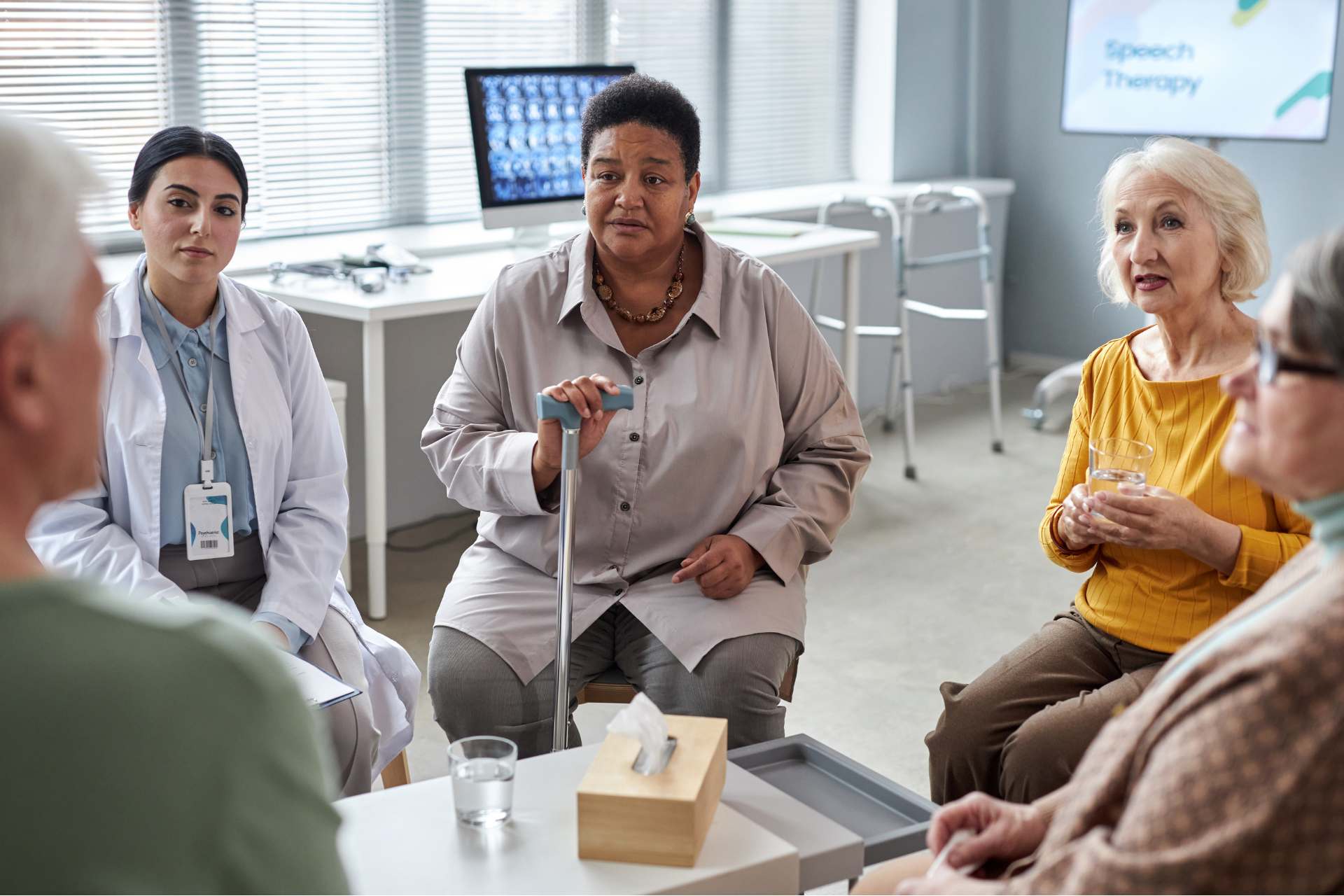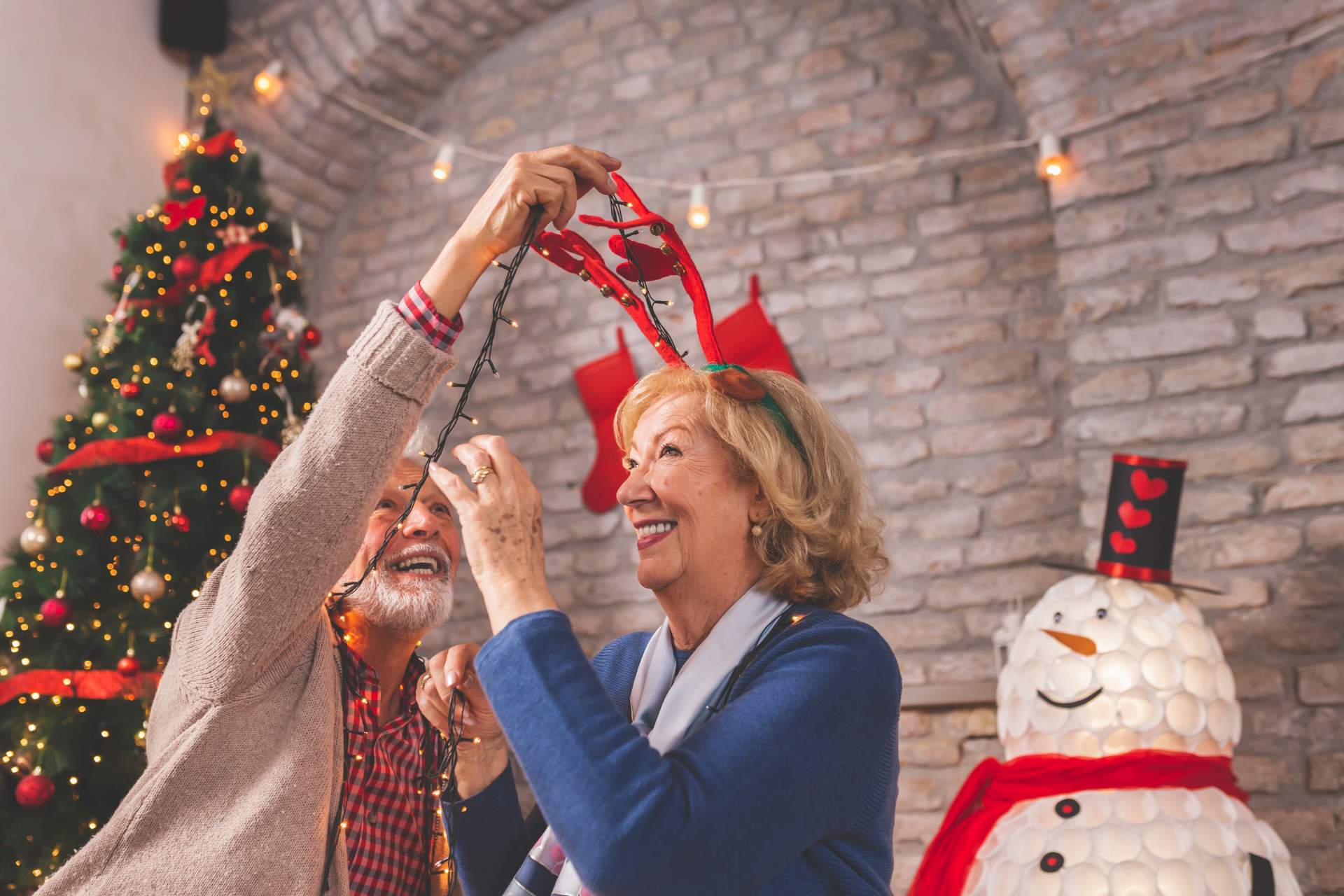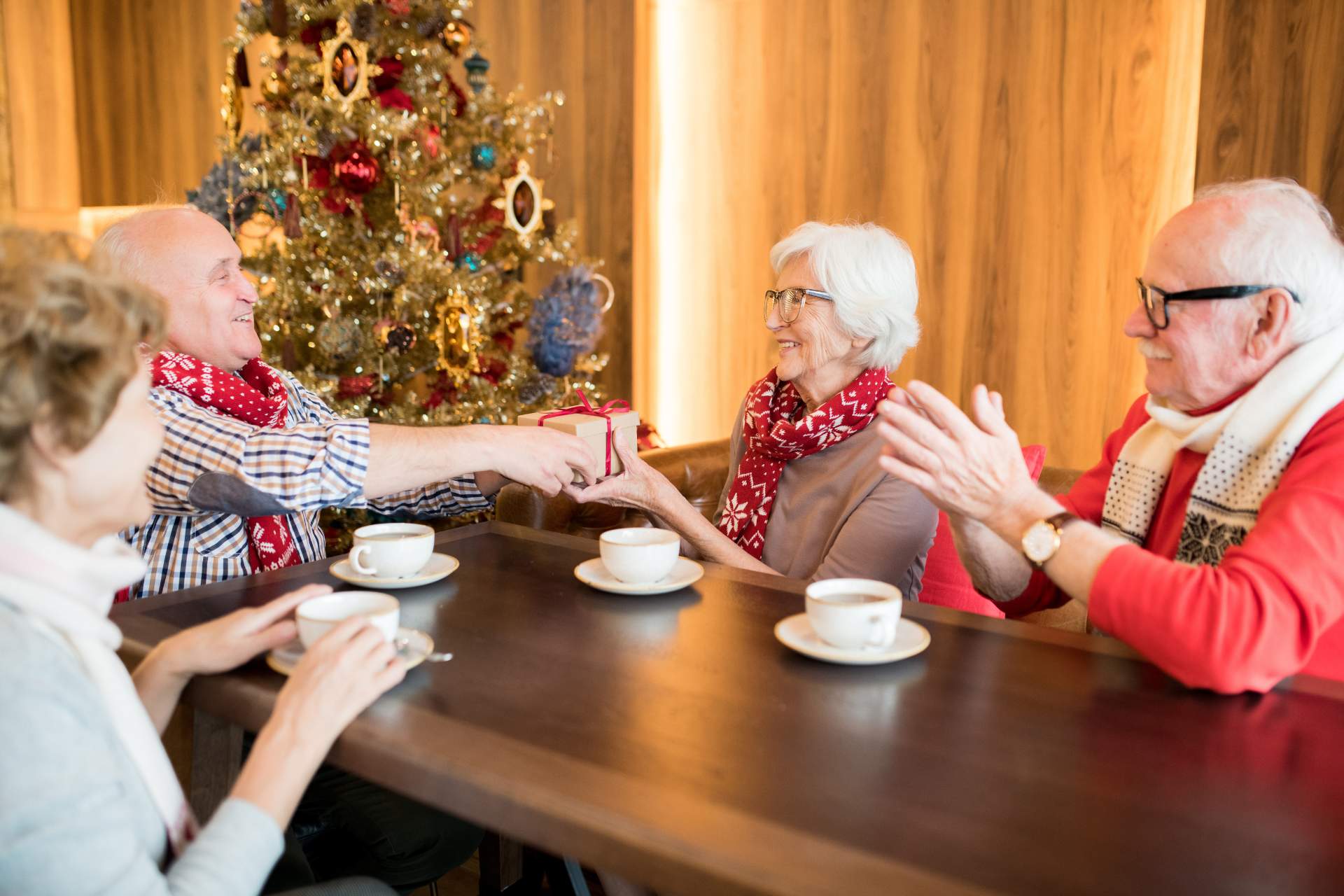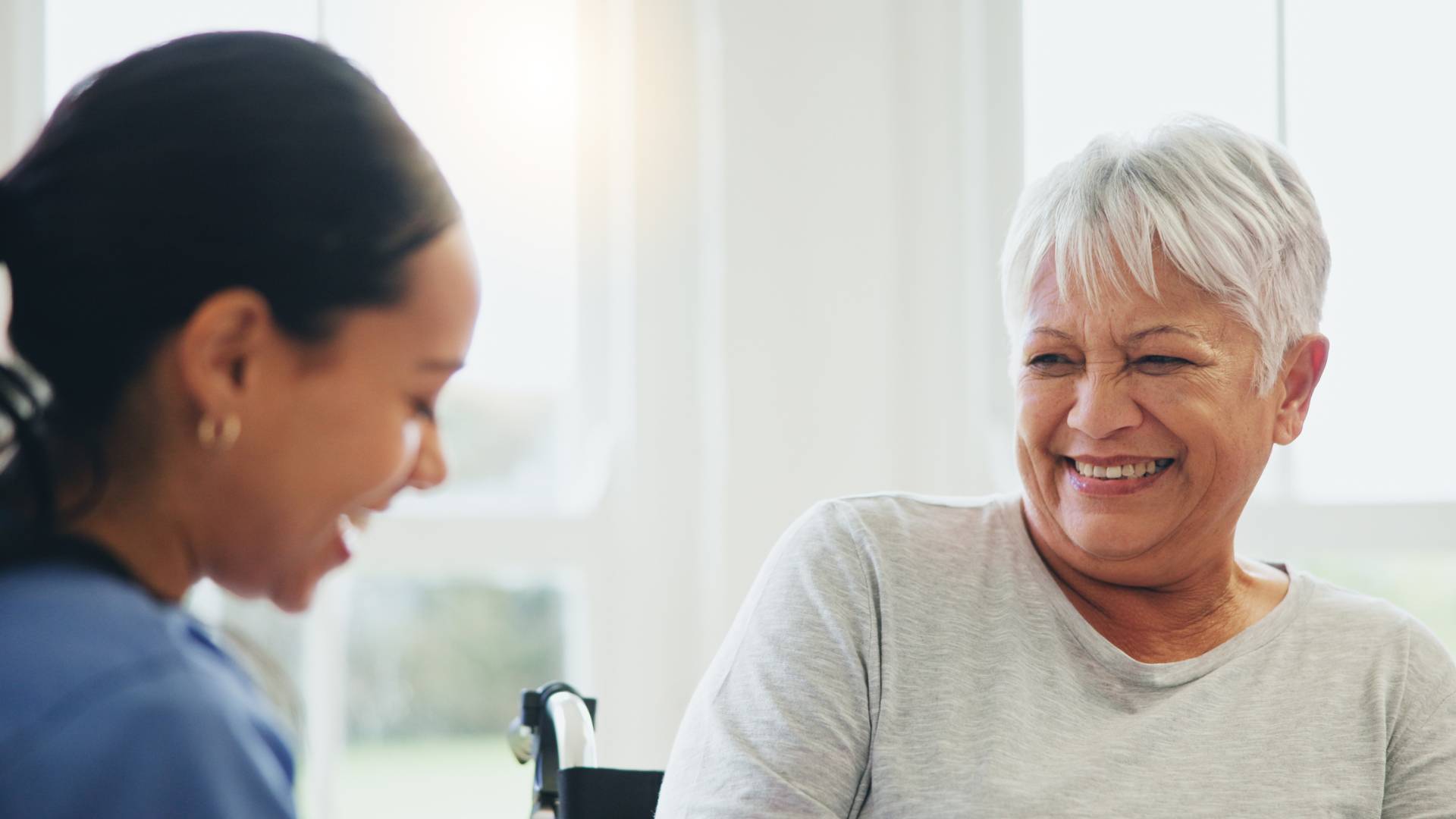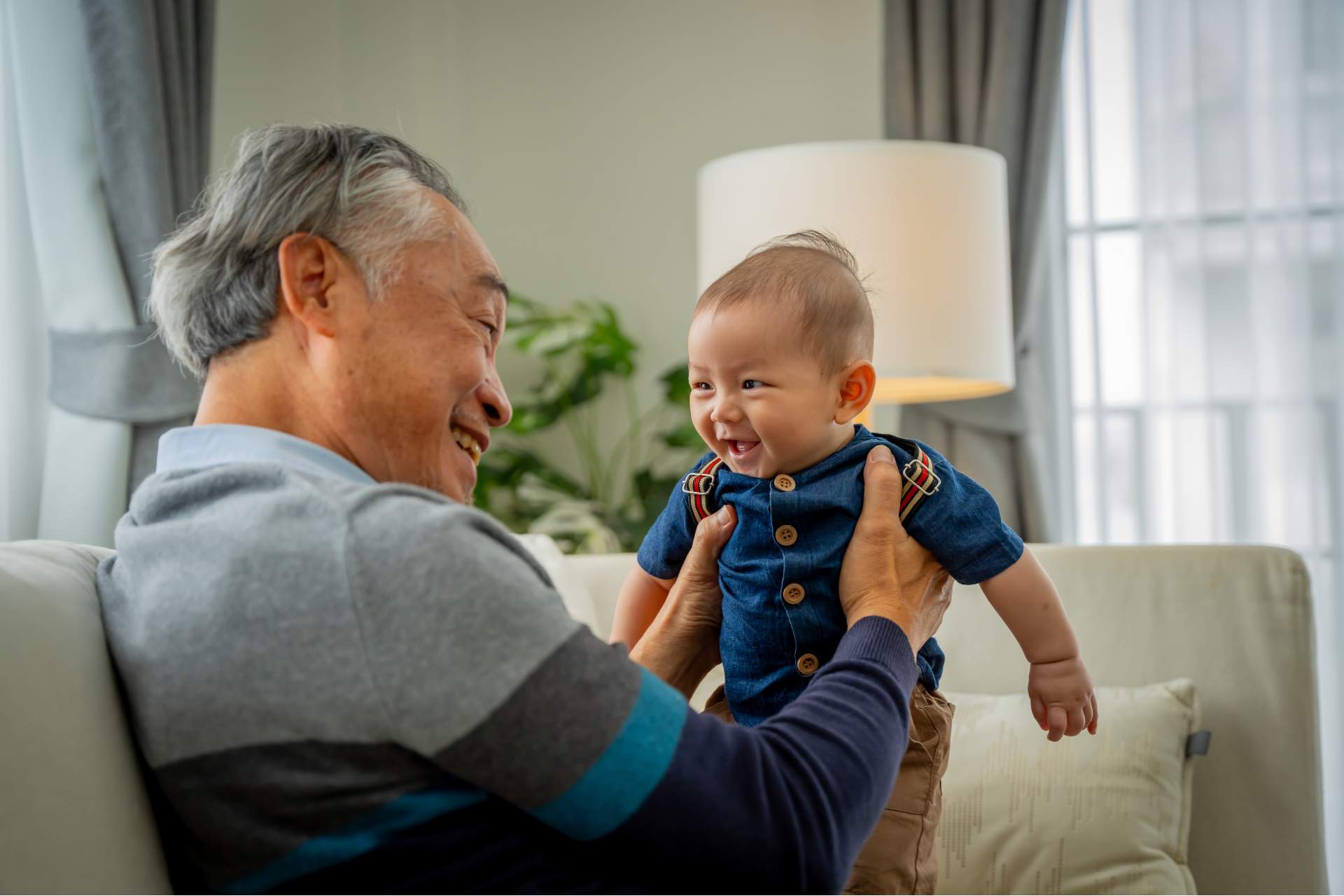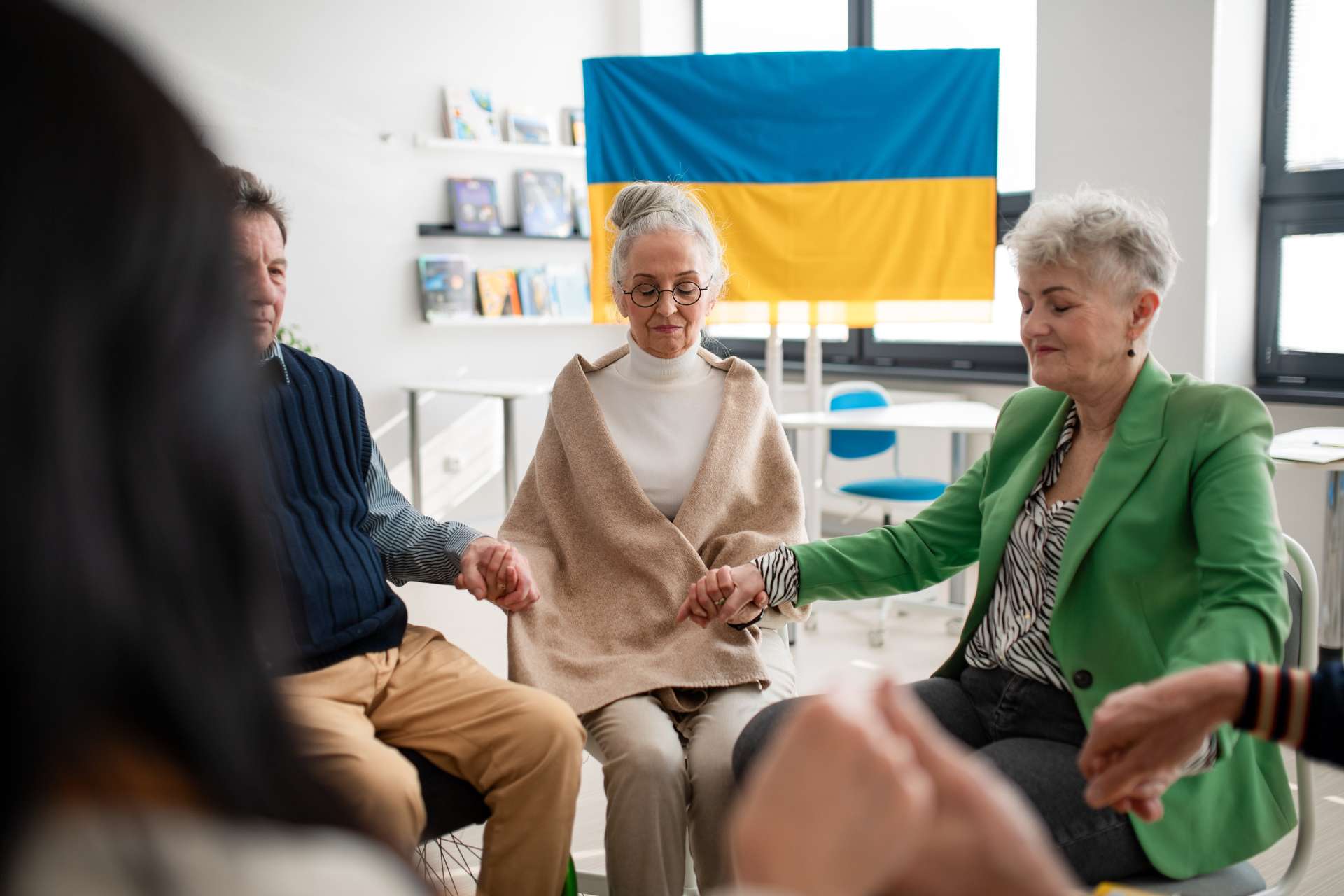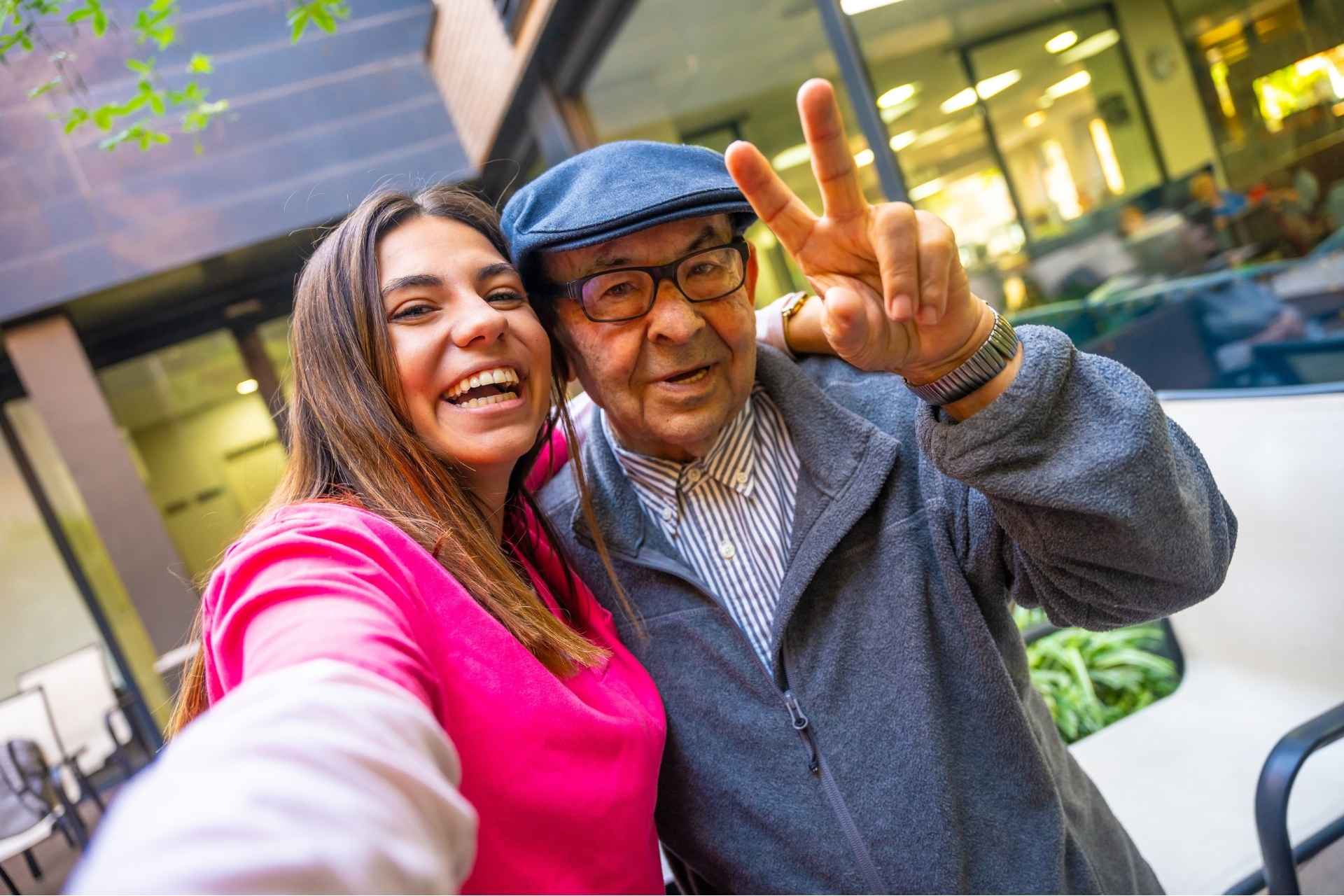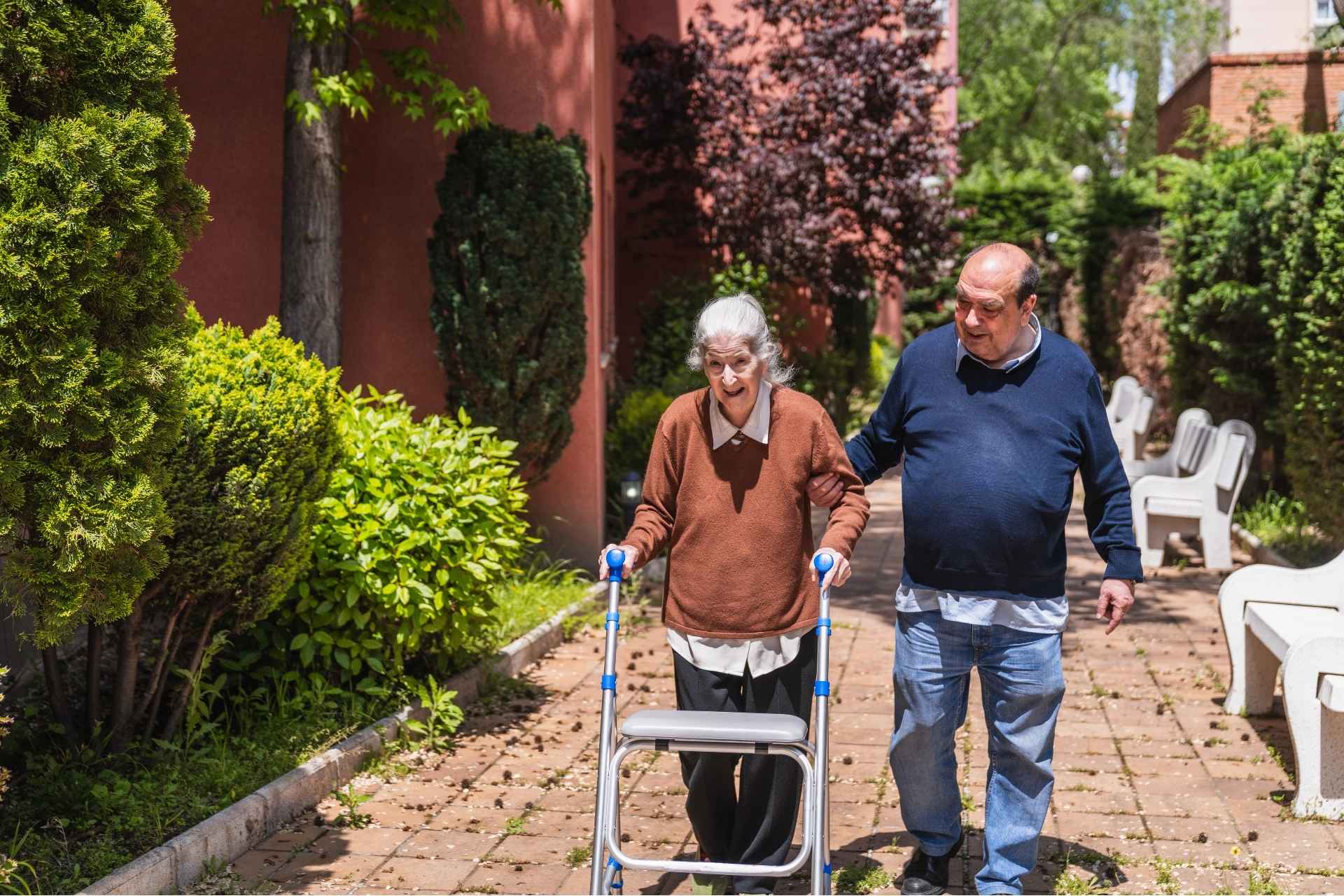Breast cancer.
Two words to sum up a fear we all have as we age, one that can easily seem so far out of our scope of personal control.
However, knowing how to catch breast cancer early can make all the difference.
When you’re proactive about your health, you improve your chances of catching issues early but also give yourself peace of mind.
If you’re over 65 and part of an independent living community or are considering one, this guide is here to help you understand why regular breast cancer screenings matter (and what else you can do to protect your health).
Why Breast Cancer Screening Matters
You’ve probably heard that early detection saves lives, and it’s true. According to the American Cancer Society, women who detect breast cancer early have a 99% five-year survival rate. That’s largely because catching the disease in its earlier stages often means it’s easier to treat and hasn’t had time to spread.
And if you’re a woman who’s over the age of 65, breast cancer screenings become even more important, since about 50% of all new breast cancer diagnoses occur in women aged 65 and older. You need to stay diligent about regular mammograms and self-checks, especially as you age, to give yourself the best chance to maintain your health and independence.
What Are My Options for Screening?
When it comes to breast cancer detection, you’ve got several tools at your disposal:
1. Mammograms
A mammogram is one of the most trusted methods for detecting breast cancer. Women ages 50 to 74 should get a mammogram every one to two years, depending on personal and family health history. If you’ve gone a few years without one, consider scheduling one soon. It’s quick and not as intimidating as you might imagine.
2. Self-Exams
While self-exams are no longer considered a primary detection method, they’re a good way to stay familiar with your body. Take time once a month to check your breasts for any unusual changes like lumps, thickening, or discoloration.
3. Clinical Breast Exams
These are often done during regular check-ups with your doctor. They allow a professional to manually feel for unusual changes you might have missed during a self-exam.
Addressing Common Concerns
You might wonder, “Do I still need screenings now that I’m older?” The answer is almost always yes.
Even if breast cancer hasn’t been a concern in your past, aging increases the risk, meaning continued screenings are just as vital later in life.
It’s also normal to feel a bit nervous about mammograms. The idea of discomfort or fear of the unknown can hold some women back, but the procedure itself is usually brief and more manageable than you might think.
Staying Independent and Healthy
Regular screenings offer you a way of taking control of your health and making sure you can live life on your terms for years to come.
When you prioritize early detection, you maintain the freedom and flexibility to do what you love, whether that’s spending time with loved ones, traveling, or staying involved in your community.
At Priority Life Care, we encourage regular check-ups and make support services accessible in our independent living communities.
Your Health, Your Priority
When it comes to your health, there’s no such thing as “too late” to start being proactive. Scheduling a breast cancer screening or discussing your options with your doctor is a vital step you can take today.
If you’d like more guidance or support when it comes to health and wellness in independent living, we’re here to help. Contact Priority Life Care today.

